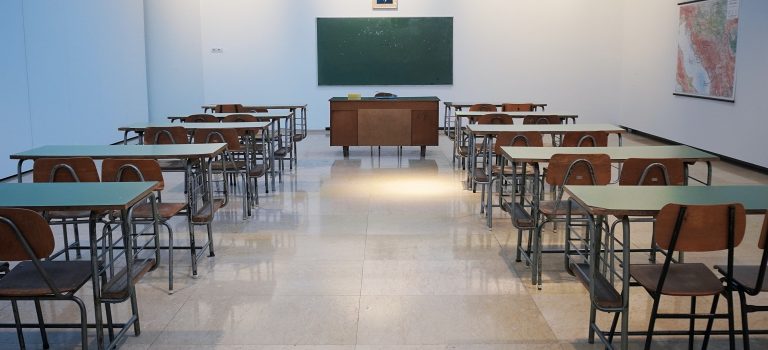Mental health issues such as anxiety, depression, and emotional trauma are increasing in both the state of New Jersey and nationwide. Due to this mental health crisis, New Jersey will be introducing universal mental health screenings for all students grades seven through twelve. It is often hard to recognize when teenagers are having a hard time. These mental health screenings were introduced to public schools in New Jersey in the hopes that they will be able to identify students who need help with their mental health.
All You Need to Know About the Screenings
According to NJ.com, between 2007 and 2017, the number of suicides among 10 to 24-year-olds increased by 56 percent. As long as parents give consent, students will be able to complete a computerized screening survey and the parents would be notified if the student is flagged for showing symptoms of depression.
It is important for parents to understand that screening results are not a formal diagnosis. Once parents receive screening results, schools will advise parents to share the results with a doctor or psychologist. The bill is attempting to raise awareness about mental health diseases and give parents the ability to seek professional help and prevent further suicides. The annual screenings also attempt to educate students about mental health issues. The bill will allow people to start talking about these issues and make people more comfortable expressing their own experience with mental health illness. We are hopeful that this screening will bring us one step closer to breaking the mental health stigma and provide help to those who need it quickly and easily.
New Alliance Academy in Paramus, NJ provides educational and ancillary therapeutic services for high school teenagers experiencing acute psychological distress.




